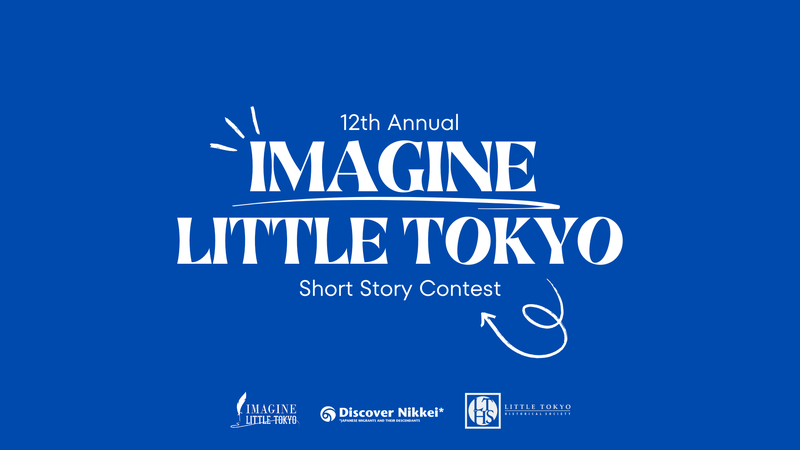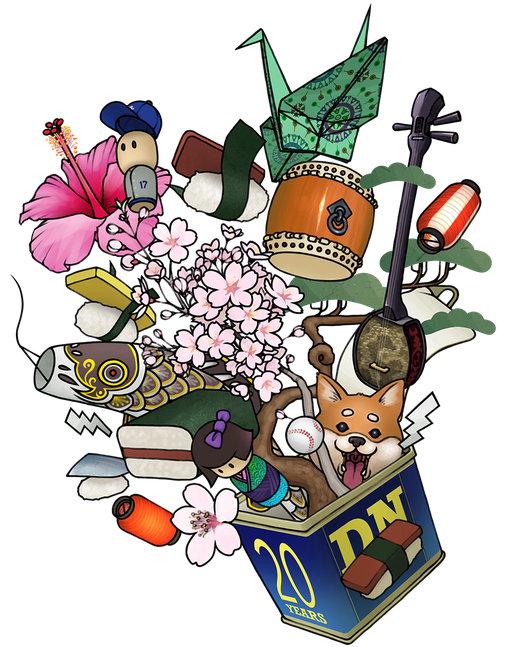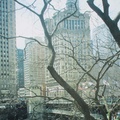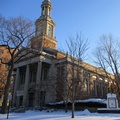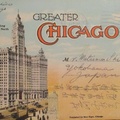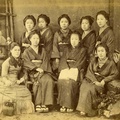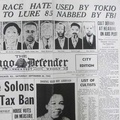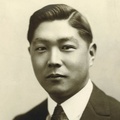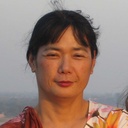
Takako Day
@takako70Takako Day, originally from Kobe, Japan, is an award-winning freelance writer and independent researcher who has published seven books and hundreds of articles in the Japanese and English languages. Her latest book, SHOW ME THE WAY TO GO HOME: The Moral Dilemma of Kibei No No Boys in World War Two Incarceration Camps is her first book in English.
Relocating from Japan to Berkeley in 1986 and working as a reporter at the Nichibei Times in San Francisco first opened Day’s eyes to social and cultural issues in multicultural America. Since then, she has written from the perspective of a cultural minority for more than 30 years on such subjects as Japanese and Asian American issues in San Francisco, Native American issues in South Dakota (where she lived for seven years) and most recently (since 1999), the history of little known Japanese Americans in pre-war Chicago. Her piece on Michitaro Ongawa is born of her love of Chicago.
Updated December 2016
Stories from This Author
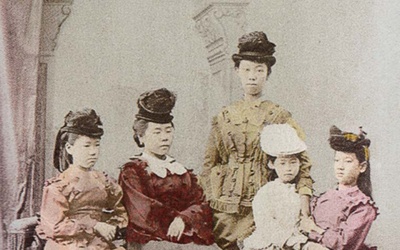
Umeko and Fudeko's Chicago
Feb. 7, 2024 • Takako Day
It is no exaggeration to say that every Japanese person knows about Umeko Tsuda, the Japanese women's educator and founder of Tsuda University. Umeko came to Chicago twice. Umeko first set foot in Chicago in February 1872, when the Iwakura Mission, a group of more than 100 people, arrived in Chicago. The mission included five girls, and Umeko was one of them, the youngest at eight years old. The local newspapers barely mentioned the girls. Before they arrived in Chicago, …
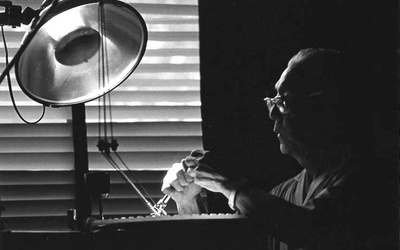
Chapter 5—Last Years in Chicago
Jan. 14, 2024 • Takako Day
Read Part 4 >> Reaching a Turning Point During the war, in a statement to Asia and the Americas, Tashiro described his family as follows: Many years ago my parents came to Hawaii from Japan as immigrants to the Hakalan sugar plantation, managed by lovely Scotch people by the name of Mr. and Mrs. John M. Ross. I was born in Hawaii under the protection of the Stars and Stripes. My parents always sought to ensure my education as a …
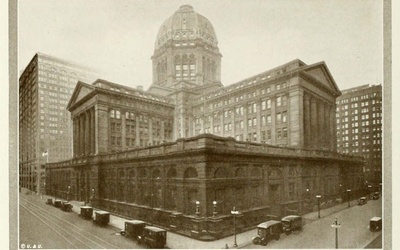
Chapter 4—In the Shadow of the War
Jan. 7, 2024 • Takako Day
Read Part 3 >> Defending Japan’s Position Regarding his own position as a Japanese American, Tashiro explained, “As a Japanese American standing between two countries, I would like to promote friendship in and for both countries. Regarding the present Sino-Japan conflict, it is the duty of Nisei to explain the background and rationale for the conflict, in order to prove how right Japan is and to correct the misunderstandings of certain Americans. How can we convince others if we are …
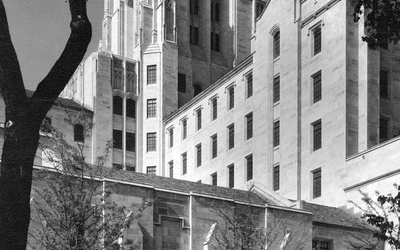
Chapter 3—For Young Nisei and Their Future
Dec. 24, 2023 • Takako Day
Read Part 2 >> Inspiring Young Nisei One of Tashiro’s most important concerns was the future of young Japanese American Nisei and their position in the U.S.–Japan relationship. His former teacher Asano described how strongly Tashiro wanted to help improve the situation for young Nisei in Hawai‘i, and mentioned that Tashiro once expressed a desire to go to South America to set up business ventures for them.1 Living at International House Tashiro inspired young people in Chicago as well. When …
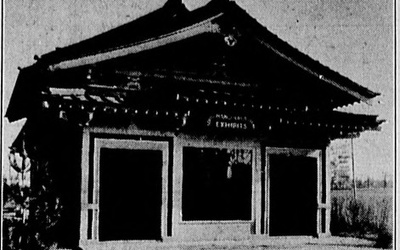
Chapter 2—Dedicated to the US-Japan Relationship
Dec. 17, 2023 • Takako Day
Read Part 1 >> Playing in the ALOHA Baseball Team Concurrent with the establishment of the Hawaiian Student Society of Chicago in May 1922 was the formation of the ALOHA baseball team; it was mainly composed of members of the Society who were attending colleges and universities in Chicago.1 Tashiro himself played for the ALOHA baseball team as team captain and catcher for a while, while Wilfred Tsukiyama was the pitcher. Both of them had played baseball at McKinley High …
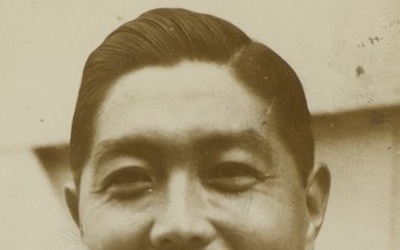
Chapter 1—From Hawai‘i to the Midwest
Dec. 10, 2023 • Takako Day
In the 1910s, a Nikkei visitor from Hawai‘i once wrote a newspaper column expressing his surprise in running into the sons of his Hawai‘i friends and acquaintances everywhere he went in Chicago. They had come directly to Chicago from Hawai‘i without stopping on the West Coast, despite its close proximity to Hawai‘i.1 As it turns out, one of the reasons that so many Nisei living in Hawai‘i moved to Chicago and not to the West Coast was because a man …
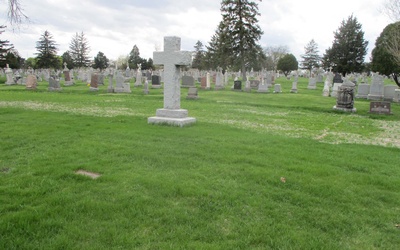
Tomb of the Unknown Soldier
Aug. 29, 2023 • Takako Day
The establishment of the Japanese cemetery in Chicago was the result of the efforts of the Japanese Mutual Aid Association, which was established in January 1935. The Mutual Aid Association was originally established with the objective of collecting 50-cent membership fees from over a hundred members, and to provide medical and hospital care when members became ill, as well as funeral and death procedures when members died. At the same time, from the time of its establishment, the Association also …
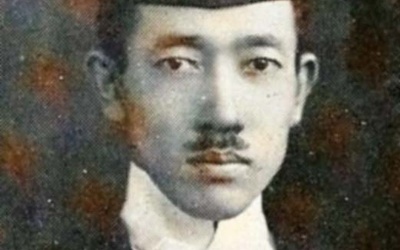
Part 6: Across the Pacific
April 30, 2023 • Takako Day
Read Part 5 >> Did Fujinkai gradually change in character because the wives of Chicago Japanese consuls started becoming involved in local Japanese women’s activities as honorary presidents? According to a Japanese government report, the Japanese Women’s Society of Chicago (Fujinkai) was recorded as having been founded at the JYMCI (747 East 36th) in 1924.1 These members of Fujinkai in Chicago did not hesitate to address the issues of women in Japan, as Fujinkai was well connected to Japanese female …
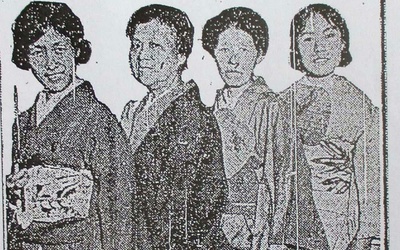
Part 5: New Japanese Women as Comrades — Fujinkai
April 23, 2023 • Takako Day
Read Part 4 >> The 1920s began with the success of American women’s suffrage movement, and, around this time, a new type of Japanese woman came to Chicago, almost as if sucked in by the energy of the incredible American women of those days. These Japanese were liberal women educated under the social influence of the Taisho democracy in Japan. Yone openly welcomed these forward-thinking women from Japan. In June 1920, Mrs. T. Matsumoto, Miss F. Koga, and Miss K. …
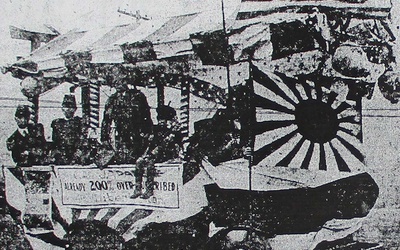
Part 4: World War I - Japanese Loyalty to the US
April 16, 2023 • Takako Day
Read Part 3 >> Although they were not US citizens and could not get involved in political matters, as assimilated immigrants, Japanese were very eager to show their loyalty and contributions to the US, as well as to American society in general. This demonstration of loyalty was common on the West Coast as well. One Chicago newspaper reported the following message from Japanese in San Francisco with some surprise: “‘Our present duty is to help the United States with all …
 We’re looking for stories like yours!
Submit your article, essay, fiction, or poetry to be included in our archive of global Nikkei stories.
Learn More
We’re looking for stories like yours!
Submit your article, essay, fiction, or poetry to be included in our archive of global Nikkei stories.
Learn More
New Site Design
See exciting new changes to Discover Nikkei. Find out what’s new and what’s coming soon! Learn More
Discover Nikkei Updates

